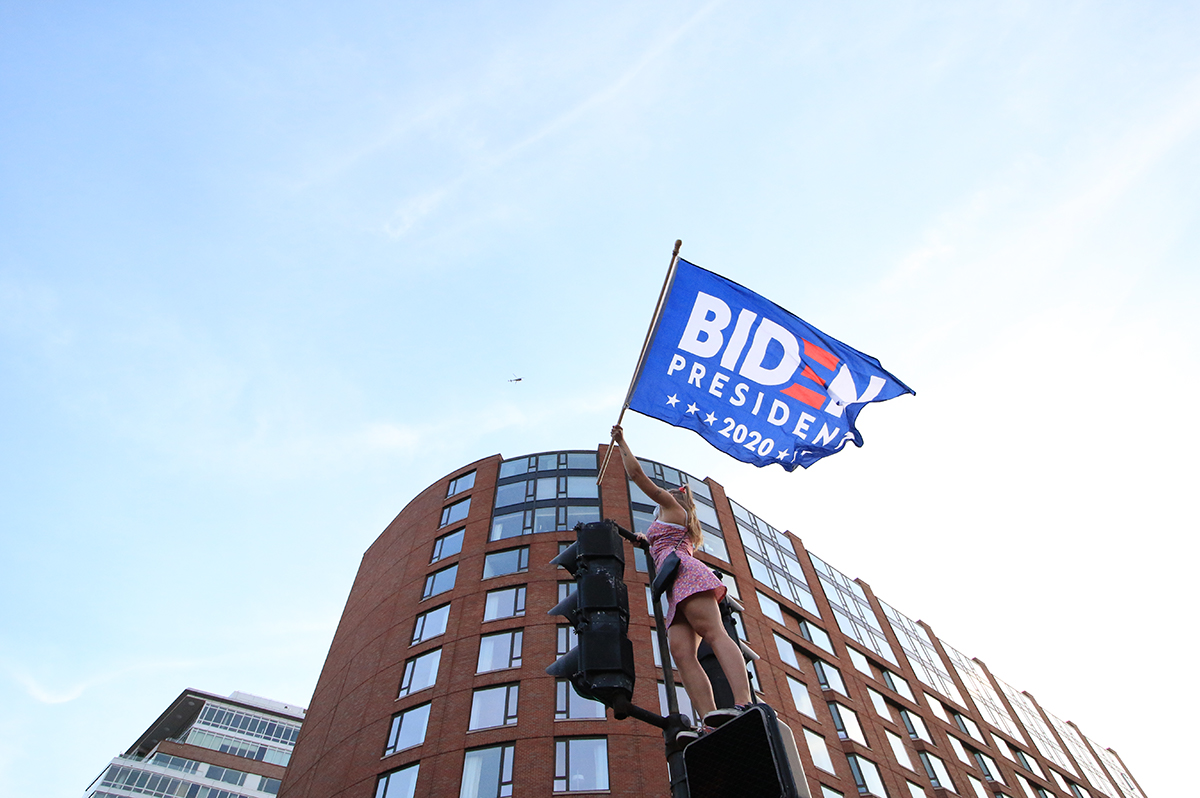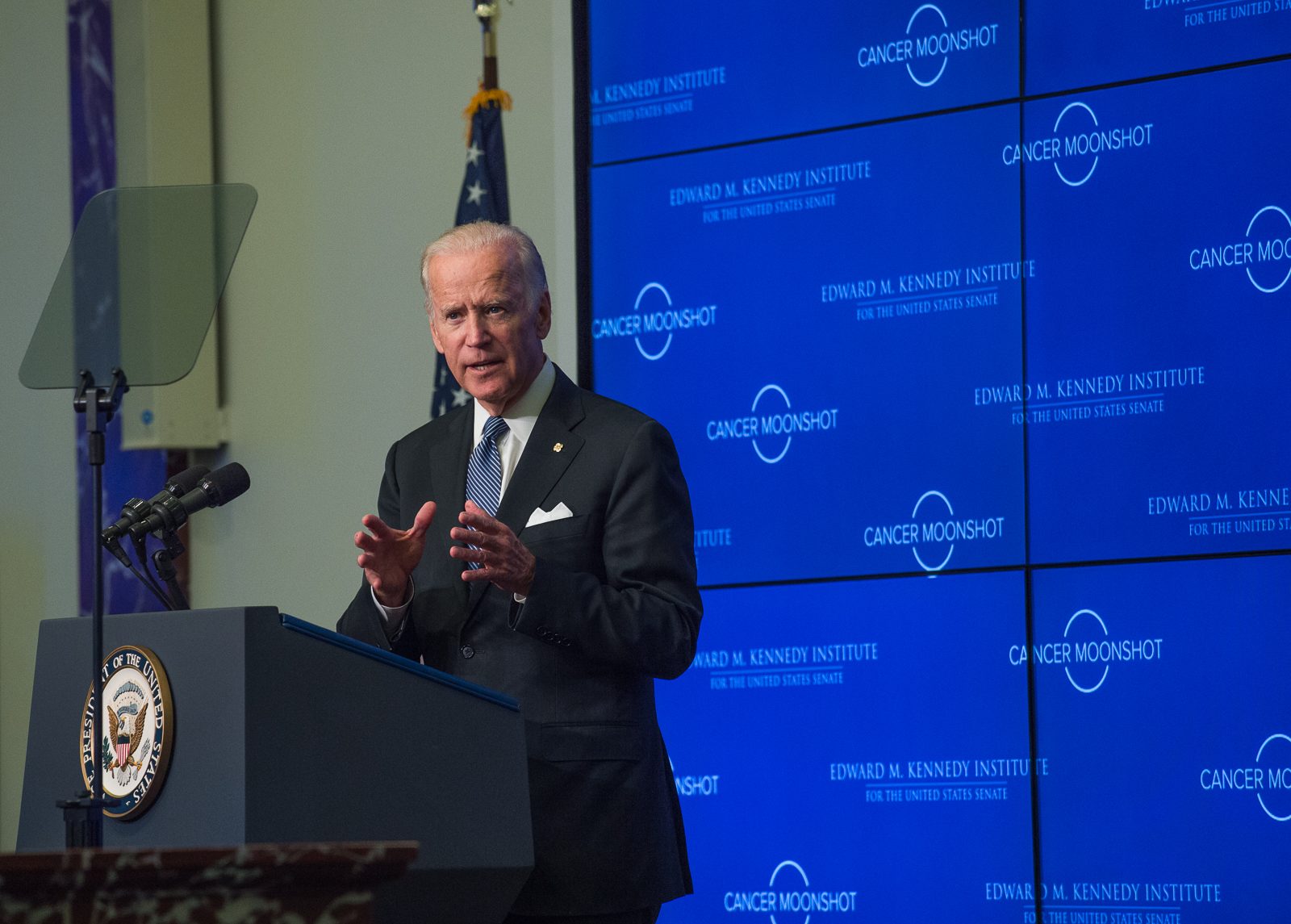
Massachusetts Governor Charlie Baker released a new health care bill Friday which aims to tackle many of the ongoing structural issues within the Massachusetts health care system and may hold large implications for the future of the Massachusetts health care system.
The legislation itself focuses on five objectives: prioritizing behavioral health and primary care, managing health care cost drivers, improving access to high-quality and coordinated care, stabilizing distressed community hospitals and health centers, and promoting insurance market reforms, according to a state press release.
Specifically, the bill focuses on behavioral health and primary care, as it requires urgent care centers to provide services to low-income patients on Medicaid and bans the surprise medical bills that follow emergency or unplanned services, according to The Boston Globe.
Baker also signed an executive order, creating a commission charged with the duty of investigating the underlying market trends that may be contributing to the growing health care costs for individuals and smaller-sized employers, according to the press release.
Additionally, the administration approved a $15 million deposit for the Health Safety Net Trust Fund, which will help ensure better care for uninsured and underinsured patients in hospitals and community centers, according to the press release.
Baker said in a press release this bill will help place the focus back on the patient and incentivize the healthcare industry to follow suit.
“We need to prepare our health care system for the future, focus our efforts on achieving the best outcomes for patients and bring down costs,” Baker said in the release. “The current health care system is not incentivized to take proactive steps to address the challenges associated with supporting an aging population, individuals with a chronic illness, or those in need of behavioral health services”
At the Health Policy Commission’s 7th Annual Cost Trends Hearing Tuesday, Baker spoke on how he believed the existing health care system has failed to appropriately care for the modern patient.
“We pay for a system that is built on transactions and technological advances, not on collaborative care delivery and/or therapeutic support,” Baker said. “Simply put, the care delivery and financing system we have today is not designed to take care of the people and the patients we have become.”
This area of focus has garnered a positive reception from the Boston Community, with organizations such as Health Care For All offering their praise.
In an emailed statement from Amy Rosenthal, the executive director of Health Care For All, Rosenthal said she applauded the governor for his provisions that center around the consumer.
“We have long known that promoting overall health must include behavioral health care, and too often consumers struggle to access these vital services that help them stay healthy and avoid higher-cost treatments such as hospitalizations,” Rosenthal said. “This legislation takes important steps to make significant investments in these areas of work while managing overall health care costs.”
The Massachusetts Health and Hospital Association also reacted positively to this legislation. Steve Walsh, CEO and President of the MHHA, said in an emailed statement that the bill is a step in the right direction.
“Just as the needs of our patients change, so must the way we deliver accessible, high-quality care,” Walsh said. “MHA stands with Governor Baker to end surprise billing, get patients out of the middle, and keep negotiations where they belong: between providers and insurers.”
Residents have also weighed in on the issue, with some stating their concerns about the current healthcare system.
Rob Stergis, 68, from the South End, said although he believes there is disproportionate access to health care, his personal experience has been fine.
“I’m in this system and I am fine with it,” said Stergis.
Leah Jones, 46, of Jamaica Plains, said she believed the disparity in care among different income groups is a key issue Massachusetts should all be looking at.
“The people with low incomes get overlooked,” Jones said. “They should be paid more attention to, I know that.”
Michael Edelstein, 56, of Brookline, said his biggest concern was on the growing costs from the health care system that are falling on individuals.
“It is getting more expensive and the cost-sharing is getting greater,” Edelstein said.




























































































































